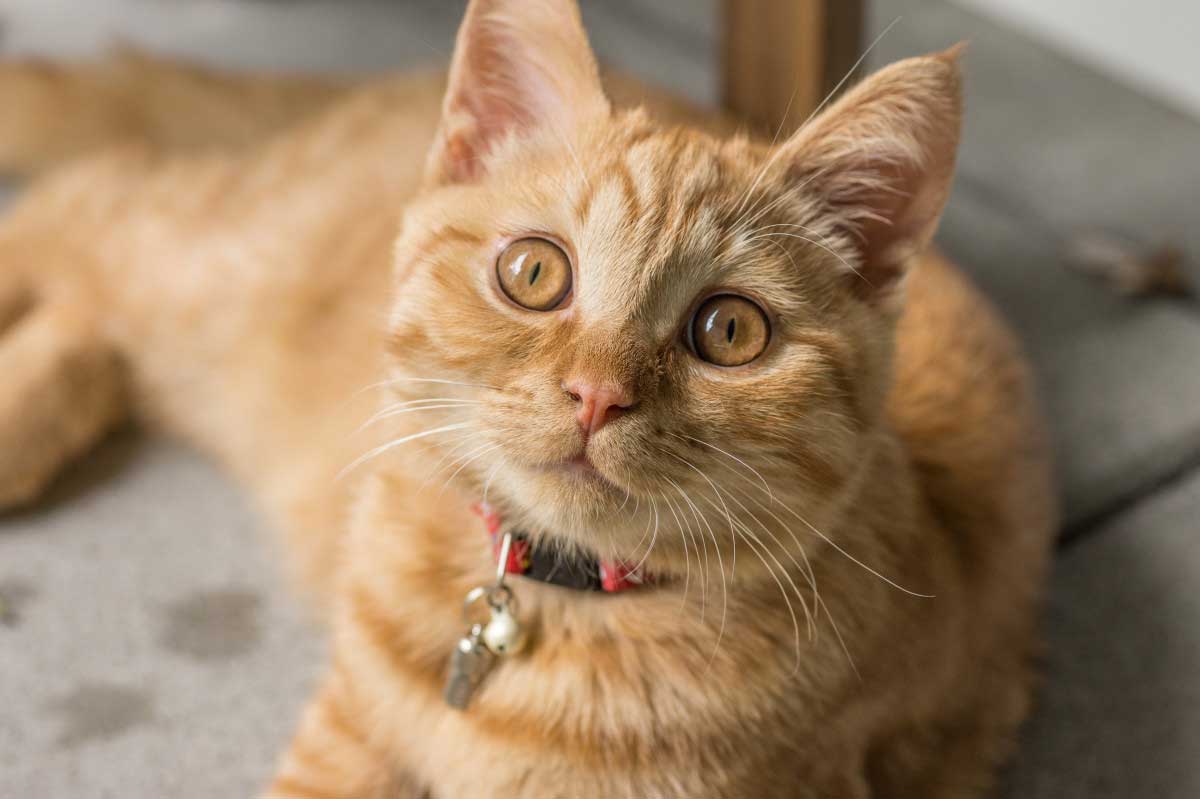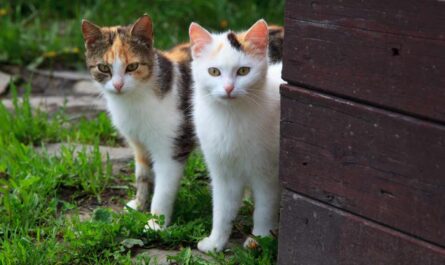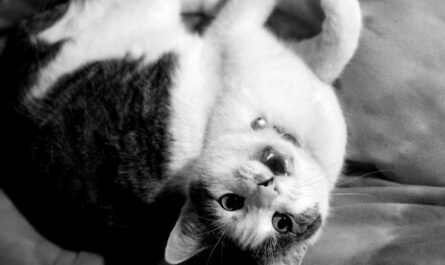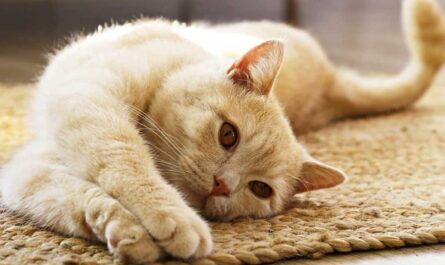How to stop a cat from spraying indoors home remedies? Have you ever walked into a room, only to be greeted by a pungent surprise and a sinking feeling in your heart? Your beloved feline companion, the one who usually purrs with contentment at your feet, has seemingly declared war on your furniture. Don’t despair! Indoor cat spraying, while frustrating, doesn’t have to be a permanent problem. Forget harsh chemicals and punishment; instead, let’s embark on a journey of understanding and discover gentle, natural solutions to help your furry friend feel safe and secure, eliminating unwanted sprays.
Indoor cat spraying is surprisingly common, affecting roughly 10% of feline companions. It can be a source of immense stress for both cats and their owners. The pungent smell lingers long after the act, and the thought of our beloved pets seemingly marking their territory with disdain can be disheartening. But here’s the good news: spraying isn’t a deliberate act of rebellion. It’s a communication tool, a way for your cat to express anxiety, stress, or discomfort. Understanding the “why” behind the spray is the first step towards creating a peaceful and harmonious home for everyone.
Understanding the Triggers: Why Cats Spray
So, what exactly triggers our feline friends to resort to this aromatic messaging system? Let’s debunk some common myths first. Contrary to popular belief, spraying isn’t done out of spite or dominance. It’s a cry for help, a way for your cat to say, “Hey, something’s not quite right here, and I need your attention!” The reasons can be varied, like:
- Territorial anxiety: Perhaps a new cat has moved into the neighborhood, or the neighborhood stray keeps peering through the window. This perceived threat can trigger spraying as a way to mark their territory and feel more secure.
- Medical issues: Sometimes, spraying can be a symptom of an underlying medical condition, such as a urinary tract infection or bladder stones. If you suspect this might be the case, a visit to the veterinarian is crucial.
- Litter box blues: Is the litter box clean, easily accessible, and in a quiet location? An unpleasant litter box experience can lead to spraying outside the designated zone.
- Environmental changes: Did you recently move furniture, introduce a new pet, or experience any other significant changes in your home? These disruptions can be stressful for cats, and spraying might be their way of coping.
- Multi-cat dynamics: If you have multiple feline residents, spraying can sometimes occur due to social tension or competition for resources. Understanding their personalities and ensuring everyone has their own space can help.
But how do we know if our cat is actually spraying or simply having an accident? Look out for these telltale signs:
- Vertical surfaces: Cats typically spray on vertical surfaces like walls, furniture legs, or curtains, not on the floor like they would use the litter box.
- Upright posture: While urinating, cats usually squat, but during spraying, they stand tall with their tail raised and vibrate slightly.
- Small amounts: Unlike accidents, spraying usually involves just a small amount of urine.
Remember, the key to tackling spraying is not punishment but understanding and addressing the underlying cause. By creating a safe and comfortable environment, resolving any medical issues, and implementing natural solutions, we can help our feline friends feel secure and express themselves in more purr-fect ways. Stay tuned for the next part of our journey, where we’ll explore practical tips and natural remedies to transform your home into a spray-free haven for both you and your beloved cat!
Taming the Spray: Natural Solutions for a Peaceful Home with Your Feline Friend
Does your beloved feline companion sometimes express their displeasure through unwelcome “gifts” left around the house? While this behavior can be frustrating, it’s important to remember that it’s a form of communication, not intentional defiance. Understanding the root cause and addressing it with gentle, natural solutions can create a harmonious home for both you and your furry friend.
Creating a Calming Cat Castle: Environmental Adjustments
Our feline companions are highly sensitive creatures, and their environment plays a significant role in their emotional well-being. By creating a haven that caters to their natural instincts and alleviates potential stressors, we can significantly reduce the urge to mark indoors.
Litter Box Bliss: A Throne Fit for a King (or Queen!)
Imagine: you wouldn’t choose a cramped, dimly lit bathroom, would you? The same goes for your cat’s litter box. Ensure it’s placed in a quiet, easily accessible location away from busy areas. Scoop waste daily, and consider using two boxes per cat, especially if they share a space. Experiment with different litter types (avoid scented ones, as cats often dislike strong fragrances) and keep the boxes clean and inviting. Remember, a happy cat uses their litter box happily!
Vertical Territory Expansion: Scaling New Heights of Happiness
Cats are natural climbers, seeking high vantage points to survey their domain. Providing shelves, cat trees, and climbing structures throughout your home empowers them to claim vertical territory and feel more secure. Imagine the joy of watching your kitty perch regally on their own “throne,” surveying the world below with newfound confidence.
Feliway Magic: Unlocking Calming Pheromones
These specially formulated diffusers mimic feline pheromones that promote feelings of safety and security. While not a guaranteed solution for every cat, Feliway can create a more calming atmosphere, especially during stressful times like moving furniture or introducing new pets. Think of it as a gentle nudge towards serenity for your feline friend.
Peaceful Playtime: Channeling Energy and Building Bonds
A tired cat is a content cat! Regularly engage your feline companion in interactive play sessions using feather wands, laser pointers, or puzzle toys. Not only does this burn physical energy and satisfy their hunting instincts, but it also strengthens the bond between you and your cat, fostering trust and reducing stress that might lead to marking. Imagine the purrs of delight as your cat pounces on a feathery lure, their playful energy diverted into a positive outlet.
Music for Feline Relaxation: Soothing Sounds for Serene Siesta
Just like humans, cats can find certain sounds calming. Consider playing classical music or nature sounds at low volumes to create a tranquil atmosphere. Think of it as a gentle lullaby for your feline friend, easing anxieties and promoting relaxation. Who knows, maybe your cat will develop a fondness for Chopin or the calming sounds of a babbling brook!
Remember, addressing marking requires patience, understanding, and a holistic approach. By creating a calming environment, fulfilling your cat’s natural needs, and offering positive outlets for their energy, you can pave the way for a peaceful home filled with purrs and cuddles, not unwanted surprises. Let’s work together to turn spraying into a thing of the past and embrace the joys of a truly harmonious relationship with your feline companion.
Scent Solutions: Natural Deterrents and Attractants for Feline Frustrations
Has your feline friend ever surprised you with a not-so-pleasant puddle in an unexpected spot? While frustrating, understand that indoor marking is often a sign of underlying stress, anxiety, or discomfort for your kitty. Instead of scolding them, let’s work together to create a purr-fectly harmonious home environment using natural scents that deter unwanted spraying and attract them towards positive alternatives.
Citrus Power: A Zesty Detour
Citrus scents like lemon and orange can be quite unpleasant for cats, making them effective deterrents for spraying. However, remember that essential oils are concentrated and can be harmful to your furry friend if used incorrectly. Always dilute them heavily with water (around 2-3 drops per ounce of water) and avoid spraying them directly on your cat or in areas they frequent. Instead, consider placing cotton balls soaked in the diluted solution near (but not on) the sprayed areas. Remember, this method might not work for all cats, so be patient and observe their response.
Vinegar’s Versatility: A Neutralizing Hero
White vinegar, a common household staple, can be surprisingly helpful in tackling unwanted feline spraying. Its strong, sour smell acts as a natural odor neutralizer, making it less attractive for your cat to revisit the marked spot. Dilute white vinegar with equal parts water and use it to clean the affected area thoroughly. Remember, vinegar can irritate your cat’s paws and nose, so ensure it dries completely before allowing them back in the space.
Herbal Haven: A Calming Oasis
Certain herbs like catnip and lavender are known for their calming properties, potentially reducing stress and anxiety in felines. While catnip is more likely to induce playful behavior, lavender’s soothing aroma might discourage spraying. Place sachets filled with dried lavender or catnip near (not on) previously marked areas. Observe your cat’s reaction and adjust accordingly. Remember, some cats might not respond to these herbs, so don’t be discouraged if it doesn’t work instantly.
Coffee Grounds Confusion: An Unscented Option
Coffee grounds, with their strong aroma and rough texture, can be off-putting to some cats, potentially deterring them from marking in specific areas. However, it’s crucial to keep them out of your cat’s reach, as ingesting them can be harmful. Sprinkle a thin layer of used coffee grounds on the affected area, but be prepared to clean them up regularly, as their effectiveness might diminish over time.
Enzyme Cleaners: Nature’s Odor Eliminators
When dealing with existing stains and odors, enzyme cleaners are your best friend. These natural cleaning products contain special enzymes that break down the organic components of urine, effectively eliminating the scent that attracts your cat back to the marked spot. Choose an enzyme cleaner specifically formulated for pet messes and follow the instructions carefully for thorough cleaning. Remember, complete odor removal is crucial to prevent re-marking.
By utilizing these natural scent solutions alongside addressing the underlying stress or anxiety causing your cat to spray, you can create a happier, healthier home for both you and your feline companion. Remember, patience, understanding, and positive reinforcement are key to transforming your home into a haven of peace and purrs!
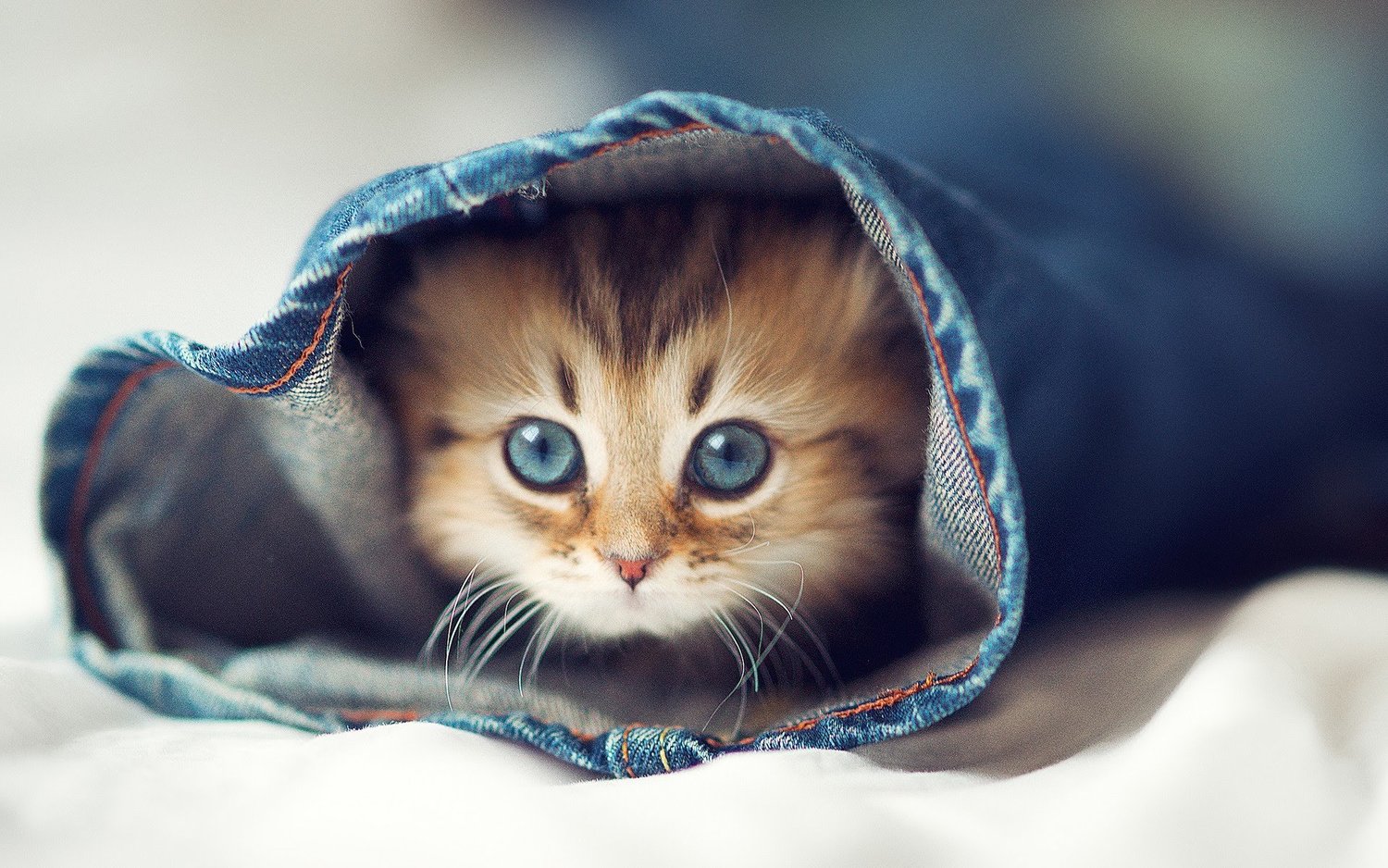
Calming & Comfort: Addressing Underlying Anxiety
Our feline companions are complex creatures, and sometimes their actions like spraying stem from deeper anxieties or stresses. Here, we’ll explore natural solutions to address these underlying concerns and create a haven of peace for both you and your beloved kitty. How AI, ChatGPT maximizes earnings of many people in minutes
Feliway’s Pheromone Power
Imagine your home filled with a comforting scent that eases your cat’s worries, much like a warm embrace. Feliway, a synthetic version of a feline facial pheromone, mimics the “happy cat” message, creating areas of security and reducing the urge to spray. Apply this mist on scratching posts, near litter boxes, or doorways – essentially building little cat sanctuaries throughout your home. Observe your furry friend for signs of relaxation, like head-bumping or increased napping, as they soak in the calming vibes.
Natural Remedies for a Tranquil Soul
While scientific evidence is still growing, some pet owners find natural calming remedies like Bach flower essences helpful. These gentle remedies, made from flower extracts, are believed to address emotional imbalances. However, it’s crucial to consult a holistic veterinarian before introducing any new supplements to your cat’s routine. Remember, understanding the root cause of the anxiety is key, and a vet can help rule out any underlying medical issues that might be contributing to the spraying behavior. Motivation – Mind – Success – Thinking – Productivity – Happiness
Patience and Positive Paws
Punishment will only heighten your cat’s anxiety, pushing them further away from a solution. Instead, embrace the power of patience and positive reinforcement. When your cat exhibits calm behavior, shower them with affection, treats, or playtime. This establishes a positive association with desired behaviors, gradually replacing the need to spray. Think of it as rewiring their little brains with love and understanding.
Seeking the Feline Whisperer’s Wisdom
Sometimes, despite our best efforts, the mystery of the spraying might persist. That’s when turning to a qualified animal behaviorist becomes your secret weapon. These feline experts possess a deep understanding of cat behavior and can help you decipher the root cause of the spraying, be it environmental changes, multi-cat dynamics, or underlying medical issues. Consider it an investment in a harmonious purr-filled future for both you and your precious kitty. Business – Money Making – Marketing – E-commerce
Remember, addressing the emotional well-being of your cat is paramount in stopping unwanted spraying. By creating a stress-free environment, utilizing calming aids, and employing gentle, positive reinforcement, you can cultivate a home where both you and your feline friend can truly flourish.
Addressing Medical Causes: Ruling Out the Physical Before You Tackle the Litter Box
Before embarking on a quest to curb your feline friend’s indoor spraying habits, it’s crucial to first consult your veterinarian. This isn’t just about making sure you’re treating the right issue; it’s about ensuring your cat’s overall well-being and uncovering any underlying medical concerns that might be contributing to their behavior.
Think of it this way: if your cat is feeling poorly, spraying might be their way of communicating discomfort or distress. It’s like them raising a little paw and saying, “Hey, something’s not right down here!” So, a trip to the vet is like putting on your detective hat and getting to the bottom of the mystery.
A Check-up for Clues
Your veterinarian will perform a thorough examination, which might include things like checking your cat’s urine sample for signs of infection, feeling their tummy for any tenderness, and even taking X-rays to rule out bladder stones or other physical issues. Think of it as a complete health detective work for your feline friend! Health books, guides, exercises, habits, Diets, and more
Pain Management Matters
Sometimes, spraying can be a sign of pain or discomfort, especially if it’s related to the urinary tract. If your veterinarian identifies any pain points, they’ll work with you to develop a pain management plan that’s just right for your cat. This might involve medication, special diets, or even environmental changes to make their litter box area more comfortable. Remember, a pain-free kitty is a happy kitty, and a happy kitty is less likely to express stress through spraying.
Food Sensitivities: A Hidden Culprit
Just like humans, cats can have food sensitivities or allergies that can manifest in various ways, including spraying. Your veterinarian can discuss this possibility and recommend dietary adjustments or elimination trials to see if it makes a difference. Think of it as a delicious detective work, figuring out if there’s anything in their food that might be causing them tummy troubles and leading to spraying. Fitness – Meditation – Diet – Weight Loss – Healthy Living – Yoga
By working together with your veterinarian, you can rule out any underlying medical causes and ensure that your cat receives the care they need to feel their best. With a healthy kitty at the center of your efforts, tackling the litter box blues becomes a more positive and collaborative process, paving the way for a harmonious home for everyone. Remember, a healthy and happy cat is less likely to resort to spraying, and a happy home is a purrfectly delightful place to be!
Prevention is Key: Long-Term Strategies for a Happy Cat
Just like humans thrive on routine, so do our feline friends. Maintaining a consistent schedule for feeding, playtime, and litter box access provides a sense of structure and predictability, minimizing stress that can trigger spraying. Think of it as creating a comfortable rhythm for your cat’s day, allowing them to anticipate and relax knowing their needs will be met.
But life isn’t a metronome, and unexpected events can cause anxiety. Socialization and enrichment become your allies in such situations. Introduce your cat to new people and pets gradually, creating positive associations. Engage them in stimulating activities like feather wand play, puzzle feeders, or even indoor obstacle courses. A mentally and socially stimulated cat is less likely to resort to spraying as a coping mechanism. RPM 3.0 – 60% CONVERSION & Money for Affiliate Marketing
Remember, regular veterinary check-ups are essential not only for maintaining your cat’s physical health but also for catching any underlying medical issues that might trigger spraying. Addressing potential health concerns early on can go a long way in preventing unwanted behaviors.
Finally, let’s talk about your cat’s environment. Does it cater to their instincts and needs? Consider creating a cat-friendly haven with ample climbing structures, hiding spots, and scratching posts. Provide multiple, clean litter boxes in quiet locations, and use unscented litter that your cat seems to prefer. Pay attention to potential stressors like loud noises or territorial conflicts with other pets, and address them as needed. Remember, a happy and comfortable cat is less likely to feel the need to express stress through spraying.
A Purrfect Solution, Tailored to Your Cat: There’s No One-Size-Fits-All
Remember, there’s no magic formula for stopping spraying. What works for one cat might not work for another. Be patient, understand that addressing the issue takes time and effort, and celebrate small victories along the way. A reduced frequency of spraying or using designated areas is progress! Cat accessories on Amazon
Implementing the strategies mentioned above, combined with seeking professional help from a veterinary behaviorist or animal trainer when needed, will help you find solutions tailored to your cat’s unique needs and personality.
Remember, you and your feline companion are in this together. By prioritizing their well-being, understanding their communication, and employing natural solutions with patience and love, you can build a harmonious relationship where sprays become a thing of the past, replaced by purrs and playful tail wags. After all, isn’t that what every cat owner dreams of? So, take a deep breath, equip yourself with these gentle strategies, and embark on a journey towards a purrfect home where both you and your cat can thrive.
Other Interesting Articles
- How to Stop A Cat from Spraying after Neutering: 11 Tips
- How to Tell if A Cat is in Pain from Arthritis: How to Help
- 14 Reasons Why Is My Cat Making Weird Purring Noises
- How to Take Care of A Kitten without A Mother: 21 Tips
- What Is Caterwauling? 10 Most Common Reasons Cats Do It
- How to Introduce A Cat To A New Home When Moving?
- Cat Declawing: Tips, FAQs, Health, Alternatives, Pros, Cons
- New Cat? 20 Common Warning Signs When Introducing Cats
- 23 Sure Signs Your Cat May Be in Pain and How to Help It
- How to Stop A Neutered Cat From Spraying: 15 Simple Tips
- 12 Signs Your Cat May Require a Feline Companion
- Feline Pheromones: 12 Ways Calming Cat Pheromones Work
- Do Cats Feel Lonely without Other Cats? 6 Signs of Loneliness
- 10 Reasons Why Cats Hiss: How To Stop The Behavior
- Cat Feeding: Tips, Guide, FAQs, Chart for Kittens to Veterans
- Cat Vaccinations: Schedule, FAQs, Side Effects, and Costs
- 44 Strange, Weird, and Random Cat Behaviors Explained
- 21 Pro Tips for Fostering Kittens: Essential Care Guide
- 18 Cat Sounds Your Feline Makes: What They Mean
- Sexing Kittens: How to Tell, Determine the Sex of Your Kitten
